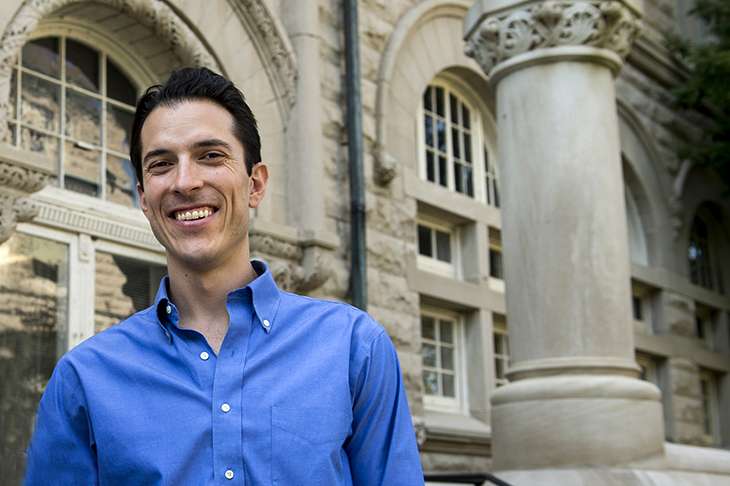'Sexy' headlines help climate change study

Recent news headlines declared that one study suggested climate change will kill our sex drive and make people less likely to procreate.
That's not quite true, says Alan Barreca, a Tulane University associate professor of economics who co-authored the study with researchers from the University of Central Florida and the University of California–Santa Barbara.
The study found that hot weather causes a decline in the birth rate eight to 10 months afterward. While hot weather could also make sex more uncomfortable, the reason behind the decline in births is more likely to do with our reproductive health, like reduced sperm motility.
Nonetheless, Barreca made the most of the headlines.
"The media did the paper a great favor by doing a sales job focusing on the sex," he says. "That attention has been really good for this research because [climate change's impact on fertility is] a point that people, I don't think, have considered in either the policy or the science sphere all that much."
Barreca's group studied the birth rates in U.S. states between 1931 and 2010 and collected weather records for the same time period. Each day above 80 degrees F reduces the number of births by about 1,100 babies.
And crediting or blaming your sex life on Mother Nature misses the point.
"What I think may get lost for some readers [who are focused on the sex paragraphs], they wouldn't get the key points that this actually could be your health" being adversely affected by hot weather, Barreca says.
Some people who believe the planet is already overpopulated say fewer births is a good thing. Barreca disagrees. It's an unfair and inefficient solution to overpopulation, he says.
The researchers say that more air conditioning could help reduce the fertility costs of climate change, but with another cost: More energy used for air conditioning increases the risk of even greater climate change. Follow-up research may shed more light on other ways to minimize the impact of climate change on our reproductive health.
More information: Maybe Next Month? Temperature Shocks, Climate Change, and Dynamic Adjustments in Birth Rates. NBER Working Paper No. 21681 (DOI): 10.3386/w21681
Provided by Tulane University




















